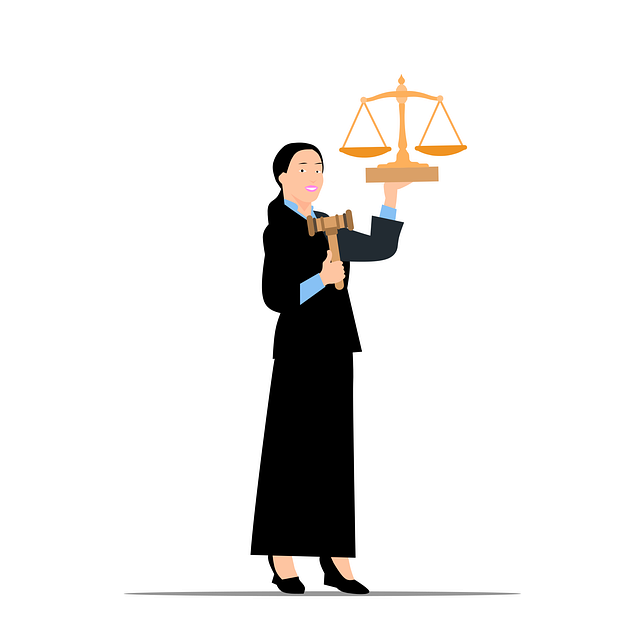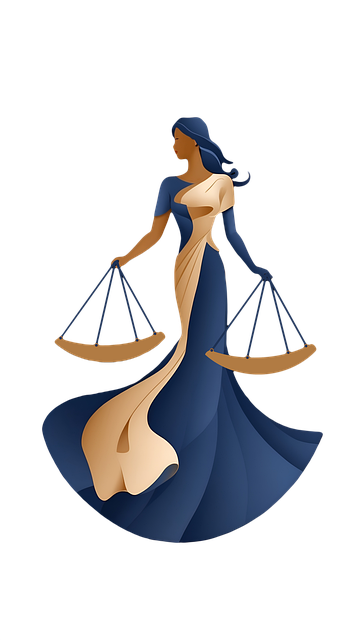Antitrust laws are essential for small businesses to compete fairly against larger corporations, preventing market dominance and promoting economic growth. While these laws present regulatory challenges, proactive strategies like record-keeping and legal guidance help avoid violations and penalties. Understanding antitrust regulations is crucial for small businesses' survival, balancing fair competition with the need for compliance to thrive in a competitive landscape.
The impact of antitrust laws on small businesses is a crucial aspect often overlooked in legal discussions. This article delves into the intricate world of litigation types, focusing specifically on antitrust laws and their implications for small enterprises versus big corporations. We explore common violations, market competition effects, and essential strategies for business defense. By understanding these dynamics, entrepreneurs can navigate the legal landscape more effectively, ensuring fair practices and fostering a competitive marketplace.
- Understanding Antitrust Laws: Basics & Relevance
- Small Business vs Big Corporations: Legal Playing Field
- Common Antitrust Violations: Scams & Tactics
- Impact on Market Competition: Effects & Consequences
- Defending Your Business: Strategies & Resources
Understanding Antitrust Laws: Basics & Relevance

Antitrust laws are a crucial aspect of legal frameworks designed to maintain fair market competition and protect consumers from anti-competitive practices. These laws prohibit businesses from engaging in activities that restrict trade or stifle innovation, ensuring a level playing field for all participants in the marketplace. Understanding antitrust regulations is essential, especially for small businesses navigating their way through complex commercial landscapes.
The impact of antitrust laws on small enterprises cannot be overstated. While these laws may seem like a burden, they actually provide a protective shield against market dominance by larger competitors. In high-stakes cases and unprecedented track records, small businesses with strong legal representation have successfully challenged powerful corporations, securing winning challenging defense verdicts. This highlights the relevance of antitrust regulations in ensuring economic fairness and promoting competition, which is vital for fostering growth and innovation across all sectors.
Small Business vs Big Corporations: Legal Playing Field

In the legal arena, the battle between small businesses and large corporations often highlights the uneven playing field they find themselves on. One significant factor that influences this disparity is the impact of antitrust laws. These regulations are designed to prevent monopolies and promote fair competition, but their application can vary greatly depending on the size of the entities involved. While big corporations have substantial resources to navigate complex legal landscapes, small businesses often struggle to understand and comply with these laws, leaving them vulnerable to legal repercussions.
The white-collar defense strategies employed by large companies provide a compelling contrast to the challenges faced by small enterprises. Corporate giants can afford extensive legal teams specializing in antitrust matters, ensuring they stay ahead of regulatory changes. Conversely, small businesses may rely on general counsel or external advisors, making it harder for them to keep pace with the intricate details of antitrust legislation. This disparity can result in small businesses being targeted more frequently for seemingly minor infractions, creating a perception of unfair treatment and undermining the very purpose of antitrust laws, which is to protect consumers and foster a level playing field for all participants in the market, regardless of size or resources.
Common Antitrust Violations: Scams & Tactics

The impact of antitrust laws on small businesses cannot be overstated. These regulations are designed to prevent large corporations from engaging in practices that stifle competition and harm consumers. Common antitrust violations include price fixing, market division, and the abuse of dominant market positions. For instance, a company might collude with competitors to set artificially high prices, or divide territories among themselves to limit small businesses’ growth potential.
Avoiding indictment for antitrust violations is crucial for all entities, regardless of size. Small businesses should be particularly vigilant, as they often lack the resources for robust general criminal defense strategies employed by larger corporations. While jury trials can be costly and time-consuming, proactive measures like meticulous record-keeping and compliance with regulatory guidelines can significantly reduce the risk of such legal battles. Understanding these laws is essential to ensure sustainable growth and avoid tactics that could lead to detrimental outcomes, including significant fines and reputational damage.
Impact on Market Competition: Effects & Consequences

The impact of antitrust laws on market competition is a complex issue, particularly for small businesses navigating an increasingly regulated landscape. While these laws are designed to foster fair competition and prevent monopolies, they can also present significant challenges for smaller entities. On one hand, adhering to antitrust regulations helps maintain a level playing field, ensuring that no single business dominates the market and suppresses competition. This is especially crucial in protecting consumer choices and driving innovation. However, small businesses often face unique hurdles when it comes to understanding and complying with these laws, which can be complex and subject to interpretation.
Unintentional violations, such as failing to notify mergers or acquisitions that could impact the market, can lead to severe consequences, including hefty fines and even jury trials. Given the potential for unprecedented track records and public scrutiny, small businesses must be vigilant in avoiding indictment for antitrust violations. Proactive legal counsel and a thorough understanding of applicable laws are essential tools for navigating this intricate web, ensuring compliance while mitigating the risk of penalties that could cripple their operations.
Defending Your Business: Strategies & Resources

When facing litigation, especially complex cases like antitrust lawsuits, small businesses must be prepared to defend themselves robustly. The impact of antitrust laws on small enterprises can be significant, threatening their survival in a competitive market. However, with strategic planning and access to the right resources, these businesses can mount effective defenses.
One crucial aspect is understanding the specific allegations and gathering compelling evidence to disprove them. This involves employing legal experts well-versed in antitrust legislation and leveraging available tools such as economic analyses and industry data. For corporate and individual clients alike, building a strong defense strategy requires a comprehensive approach, often involving collaborations with professionals across the country. By presenting persuasive arguments and securing winning challenging defense verdicts, small businesses can safeguard their operations and maintain their market position.
The impact of antitrust laws on small businesses cannot be overstated. These regulations, while primarily aimed at protecting market competition, often present significant challenges for smaller entities due to their resource constraints. Understanding the intricacies of antitrust laws, recognizing common violations, and adopting effective defense strategies are crucial steps for small businesses to navigate this legal landscape. By staying informed and proactive, entrepreneurs can safeguard their operations and ensure fair market competition, ultimately fostering a vibrant business environment.






